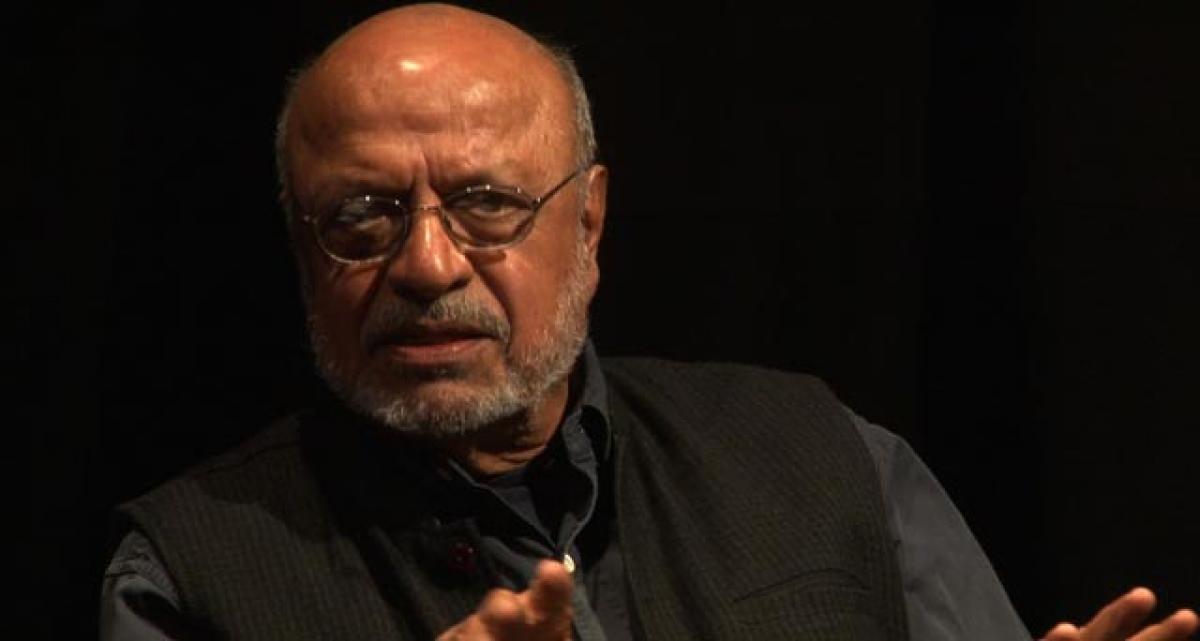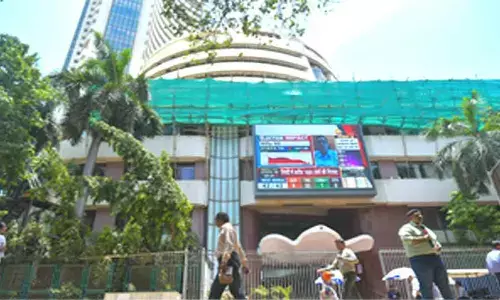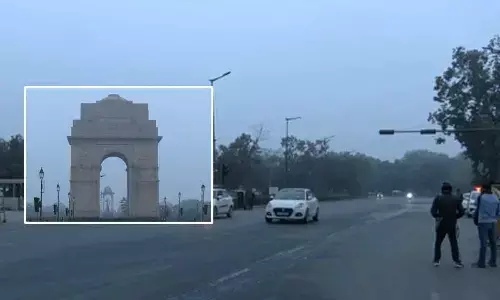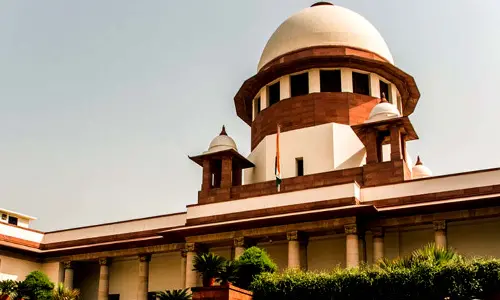Change Cinematograph Act, 1952: Benegal

As part of the Indywood Film Carnival, a session on the topic, ‘The need for film Censorship in India’ was held at Ramoji Film City on Tuesday.
As part of the Indywood Film Carnival, a session on the topic, ‘The need for film Censorship in India’ was held at Ramoji Film City on Tuesday. The panel included from B Unnikrishnan General Secretary ASIIAC; film director Jayan Cherian, film director Vivek Agnihotri, veteran film director Shyam Benegal, Uday Shanker Pani, Central Board of Film Certification (CBFC) Member and veteran director Goutam Ghose.
The debate on censorship in India included the discussion on the origins of censorship and the transformation that has happened in the film industry till now. The panellists described that censorship in India started in the early 1900s during the British era when the British banned Indian films due to political reasons. The first Indian film to be banned was ‘Bhakt Vidur’. Now the word censorship does not occur in any form.
The board that certifies films is called the CBFC - Central Bureau of Film Certification. Shyam Benegal, who is the member of CBFC committee said that India as a country is very diverse. There are various languages, grammar and regional influences, which are unique to our country. While these are some fascinating aspects to portray in cinema, they are also quite difficult.
Hence, there needs to be some kind of regulation to depict the films to be appropriate for all sections of the society. Other panellists debated on censorship being a challenge and curbing filmmakers’ freedom of speech. Benegal had recommended that there should be two categories of U/A, one plus 12 years of age and one plus 15 years of age and two categories for adult— one normal adult and another adult with caution.
“The kind of classifications we had for the films were not enough before we as part of the committee started working. There were only three categories. Today, we have revised it to many more categories. In the certificate adult with caution, we suggested that films will not be screened in the theatres, which are in residential areas and they should be screened only after 11 pm. We don’t want to implement cuts or ban a film,” Benegal shared.
“We also recommended the government to change the Cinematograph Act, 1952 and this should be raised in parliament and changed as soon as possible,” he added. The debate also raised points for the CBFC to consider such as the absence of regulation for television - a medium that has more reach and penetration than cinema. The panel ended on the note that the industry should fight together against the baseless regulations imposed by the interpretations of various governing bodies.
















